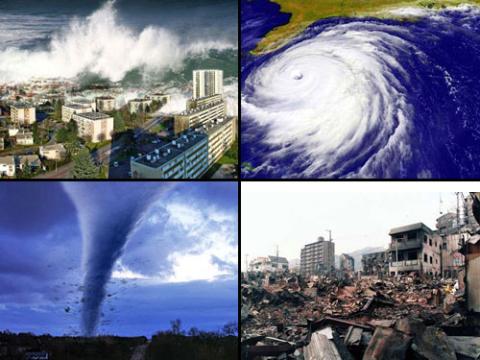Europe Unites to Save Lives
Europe Unites to Save Lives

Natural disasters have become increasingly common and severe in recent years, affecting every corner of Europe and causing widespread casualties and damage to infrastructure and the environment. The European Union (EU) plays a vital role in coordinating disaster response efforts across Europe and beyond, tackling various emergencies such as epidemics, floods, storms, forest fires, earthquakes, and even human-induced disasters.
Disasters can strike without warning and often impact multiple countries simultaneously. A coordinated, joint response is crucial for ensuring a single point of contact during emergencies, enhancing both efficiency and effectiveness. To strengthen cooperation among EU countries and 10 additional participating states in civil protection, the EU Civil Protection Mechanism was established in 2001. This mechanism focuses on improving disaster prevention, preparedness, and response.
When a disaster occurs, any affected country can request assistance through the Emergency Response Coordination Centre (ERCC). Operating around the clock, the ERCC monitors global events and facilitates the rapid deployment of emergency support by maintaining direct links with national civil protection authorities. Specialized teams and equipment, including firefighting planes, search and rescue units, and medical teams, can be quickly mobilized for missions both within and outside Europe. This collaborative approach brings together the expertise and resources of first responders, avoids duplication of efforts, and ensures timely delivery of aid.
The ERCC relies on the Copernicus Emergency Management Service (EMS) to plan effective responses. Copernicus provides timely and accurate geospatial information, which is crucial for planning disaster relief operations. It covers various types of disasters and supports efforts in prevention, preparedness, response, and recovery.
Enhancing disaster protection further, the EU has established rescEU, a reserve of European capacities fully funded by the EU and hosted by member countries. This reserve includes firefighting planes, helicopters, medical evacuation planes, stockpiles of medical items, and field hospitals ready to respond to health emergencies. In preparation for the 2024 wildfire season, the EU has assembled a fleet of 32 aerial firefighting assets and 556 firefighters across Europe, in addition to the rescEU reserve.
In health emergencies, the European Medical Corps coordinates the EU’s health emergency responses under the Civil Protection Mechanism. Since 2020, the EU has bolstered its medical preparedness through rescEU, which includes reserves of medical supplies and evacuation capabilities. These resources enhance the European Medical Corps' ability to provide rapid medical assistance both within and outside the EU.
For immediate assistance during emergencies, the European emergency phone number 112 is available across the EU, free of charge. Dialing 112 connects callers to emergency services, including ambulances, fire brigades, and police, with specially trained operators directing calls to the appropriate service.
Europe's unified approach to disaster response, embodied in the EU Civil Protection Mechanism and rescEU, highlights the power of collaboration in saving lives and minimizing the impacts of disasters.
Article source: https://commission.europa.eu/news/europe-working-together-save-lives-2024-07-29_en
Photo attribution: no, Amazing-natural-disasters, CC BY-SA 4.0

Το comment on the article or to read all articles, please sign in or sign up